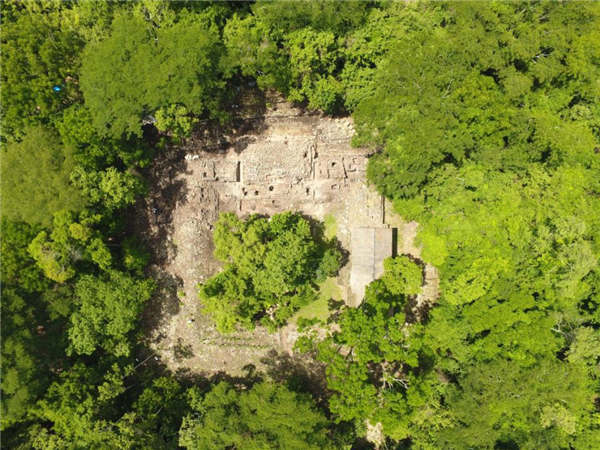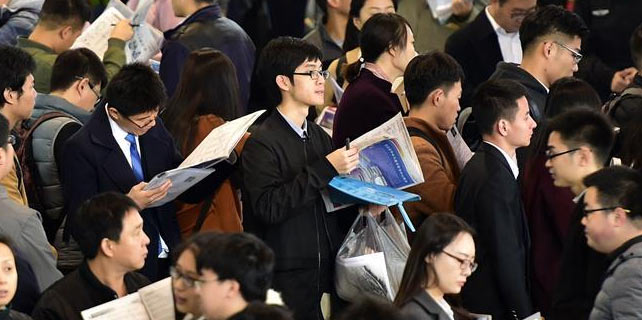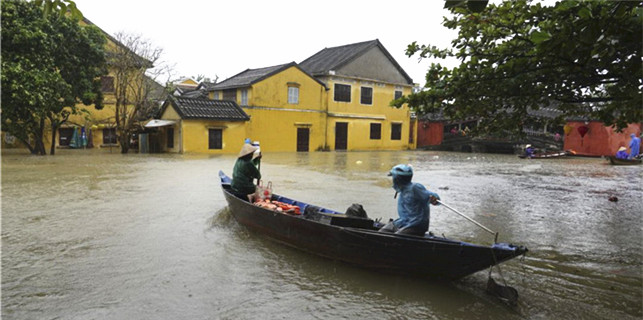Time travelers
 |
|
Aerial view of Copan excavation site of the elite residential compound. [Photo courtesy of the Chinese Academy of Social Sciences] |
Chinese archaeologists are achieving notable results in other countries. A Kenyan project undertaken by a team with Peking University's School of Archaeology and Museology has not only made a fruitful survey of ceramic exports from China to Africa, but also uncovered, through excavations at five coastal sites, a large quantity of ancient relics, which put the existence of the early Malindi Kingdom at around the 9th and 10th centuries. Chinese scholars also proved the region accommodated an iron smelting industry and was an important manufacturing base for iron products in the early trading era of the Indian Ocean. The finding was well received by Kenyan scholars, who hailed it as a great advance in the study of the Swahili coast of Africa.
"One of the main purposes of the archaeological projects is to get a world perspective in our research on the development of societies, to appreciate and share the beauties of other cultures," Li says in a recent interview.
At Copan, Li made the effort to learn Spanish. By mastering the local language, he hopes he can respond more rapidly next time when an incident occurs. He also wishes to continue working on the Mayan culture after the current project winds up in 2019.
"The American archaeologists have committed to the Maya study for more than a hundred years now. We can do the same," he says. "The serene pyramids scattered in the tropical forest are beckoning."









